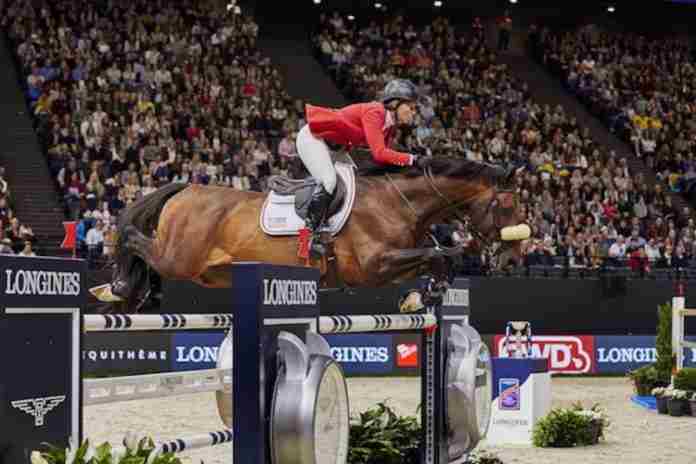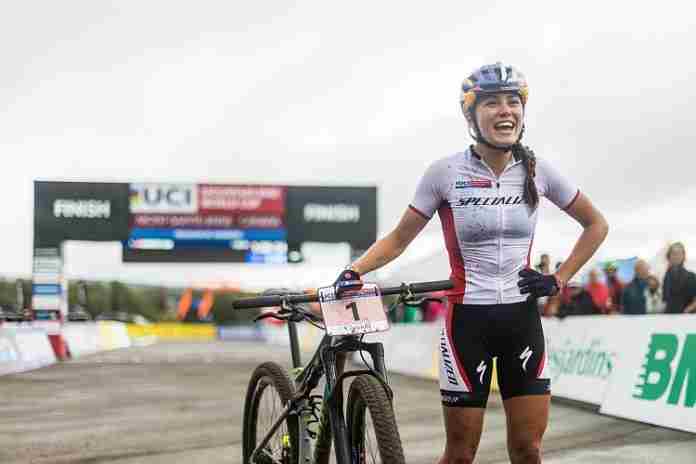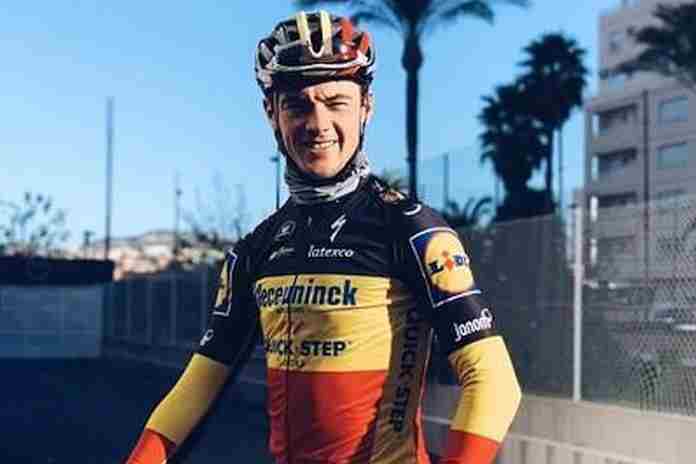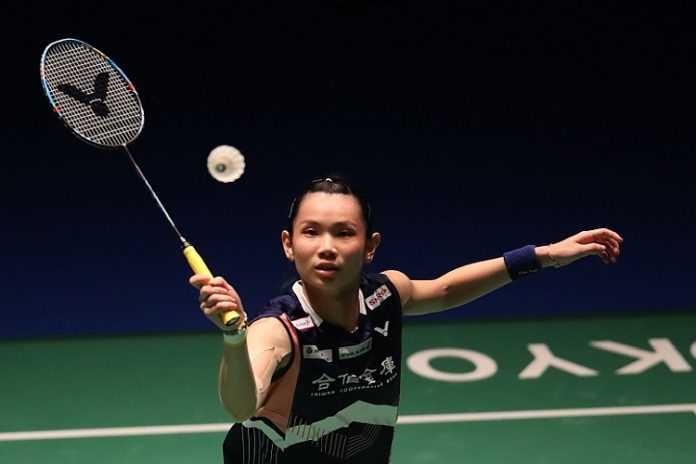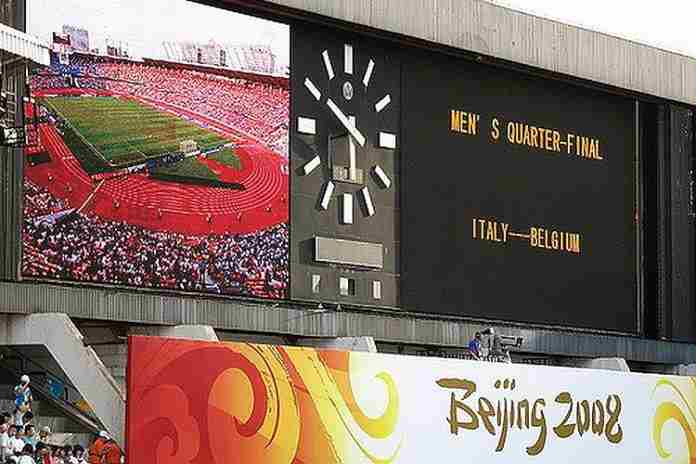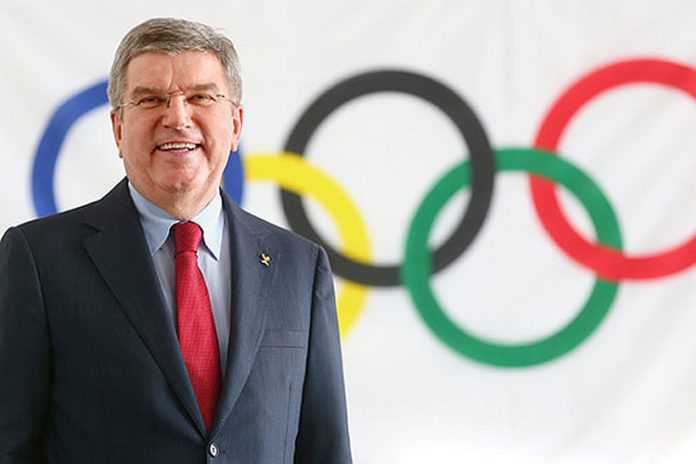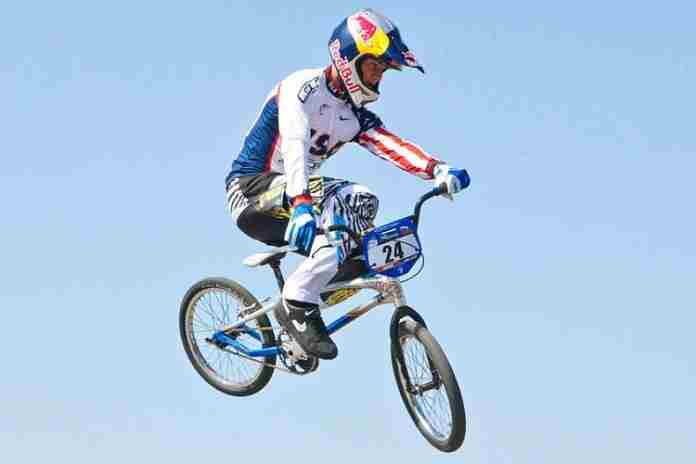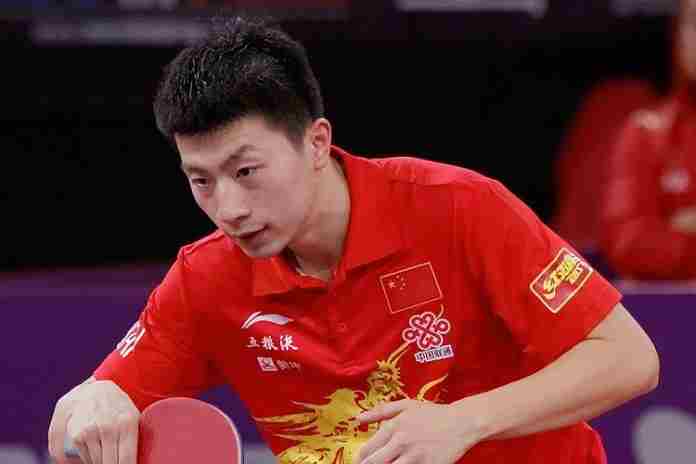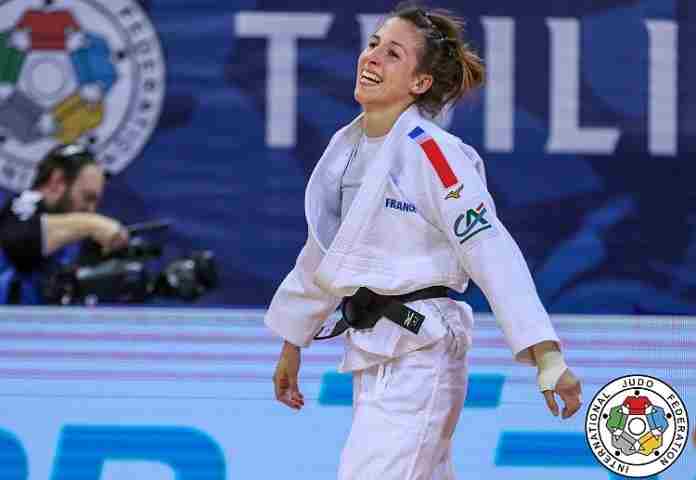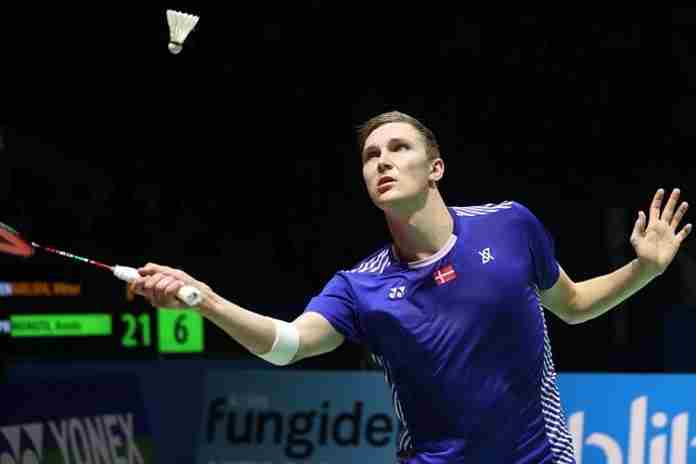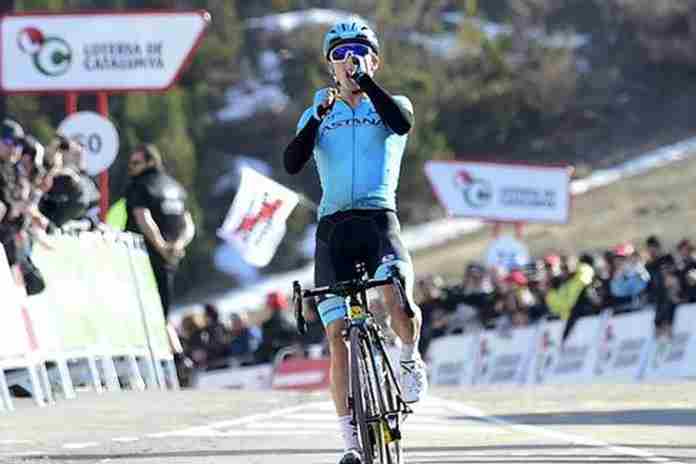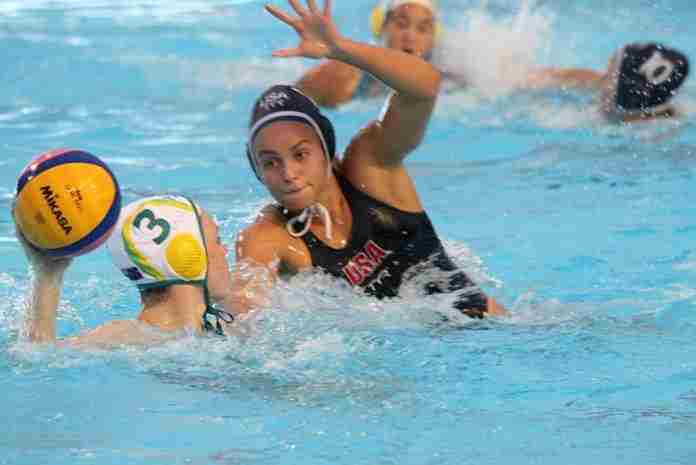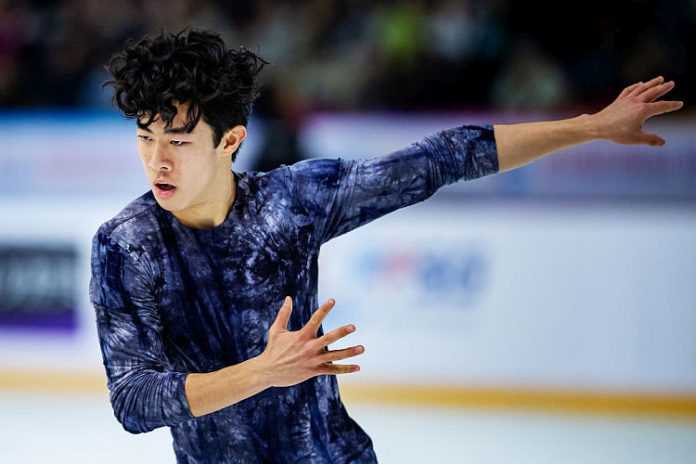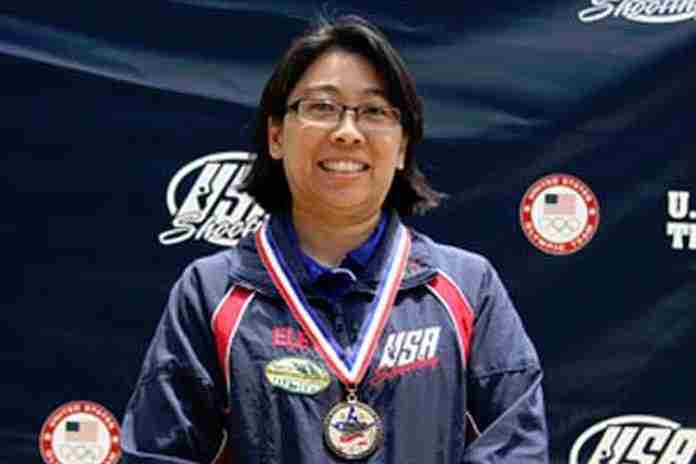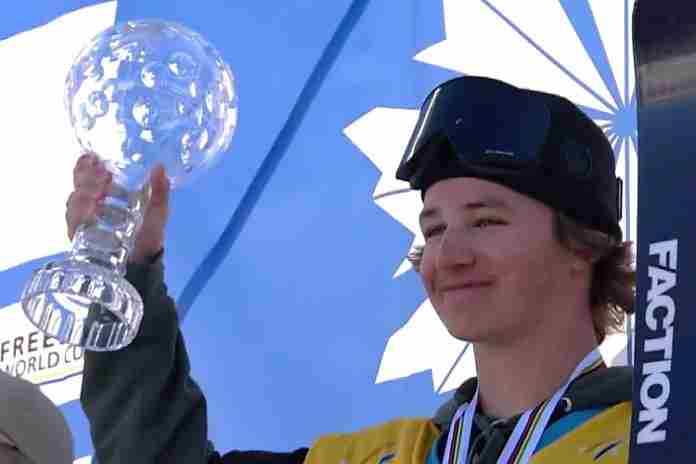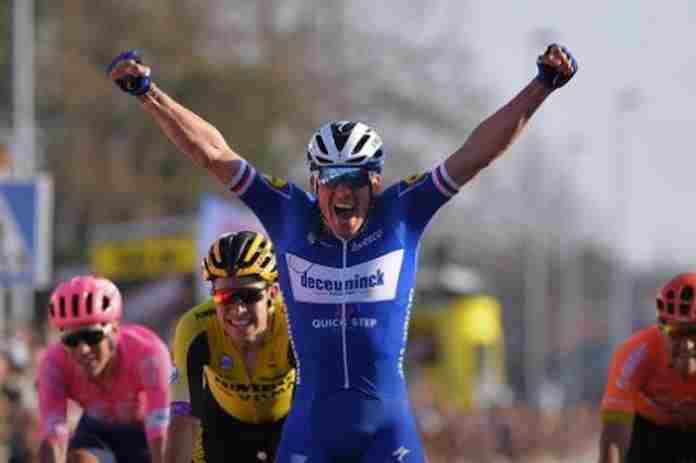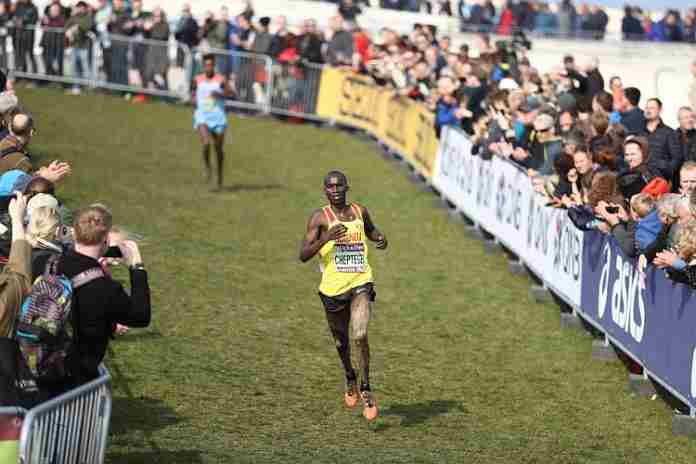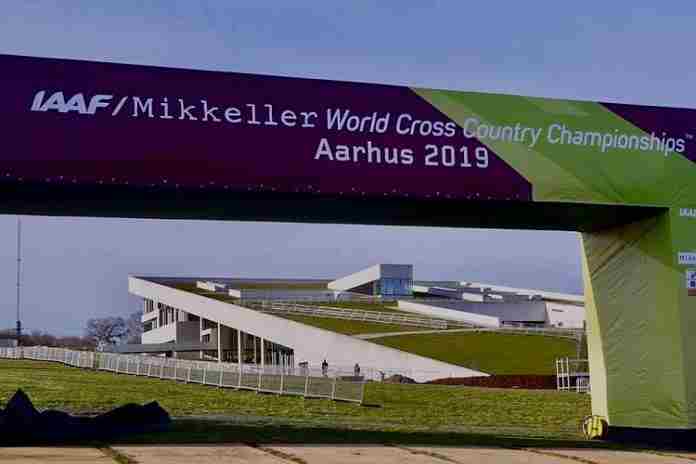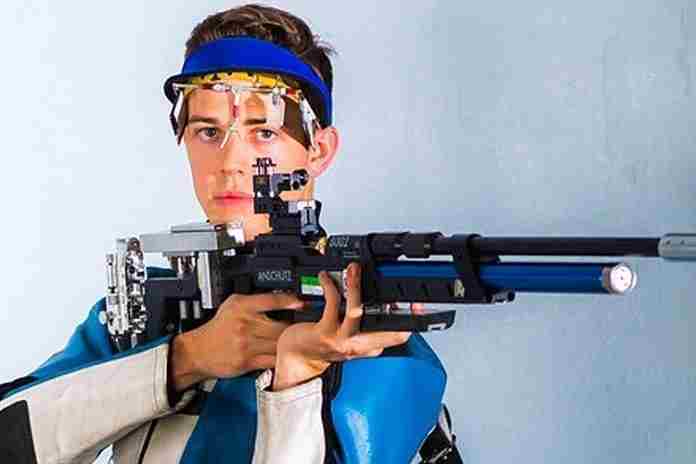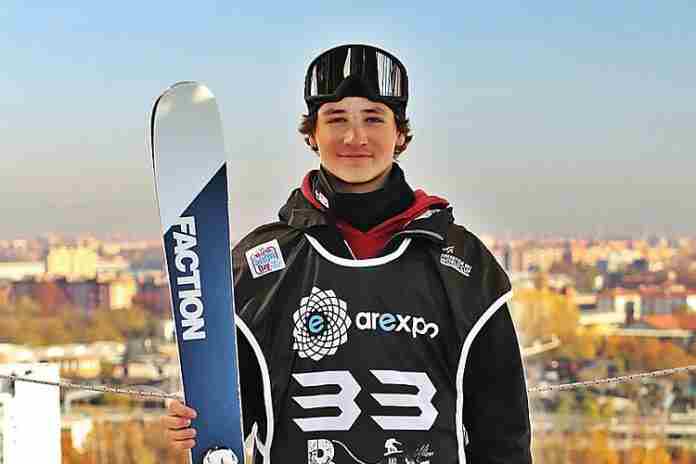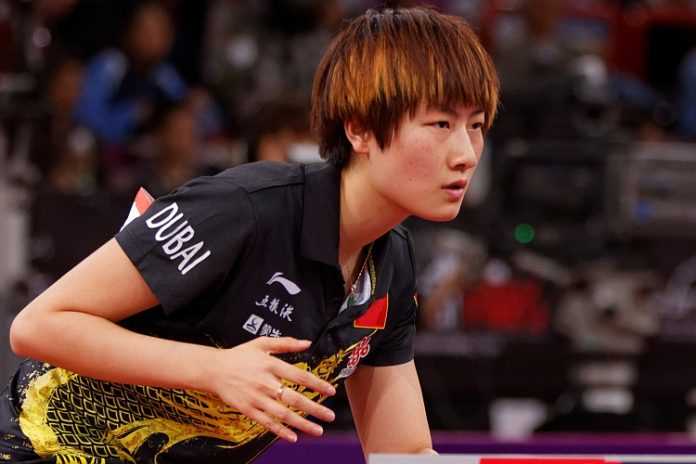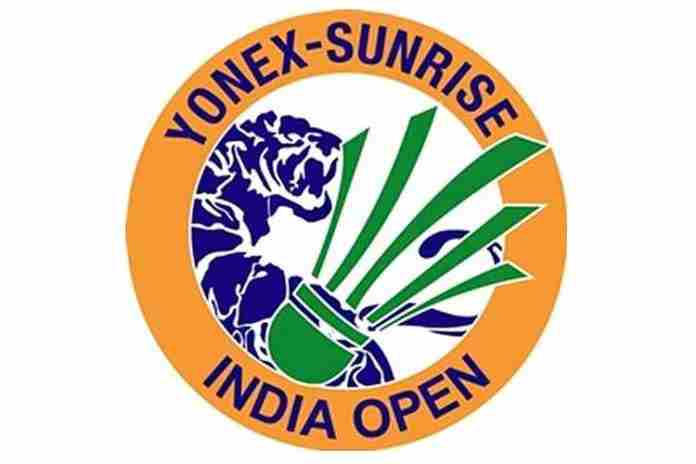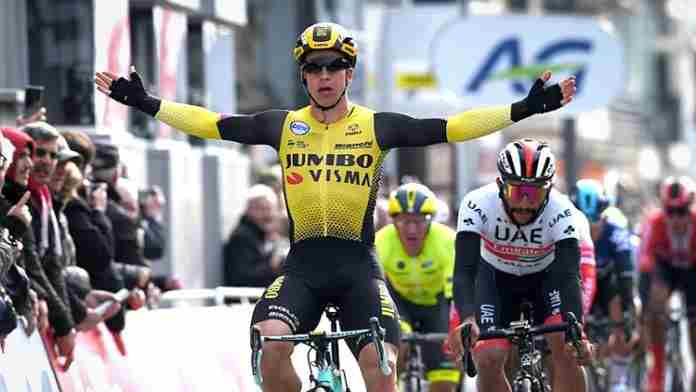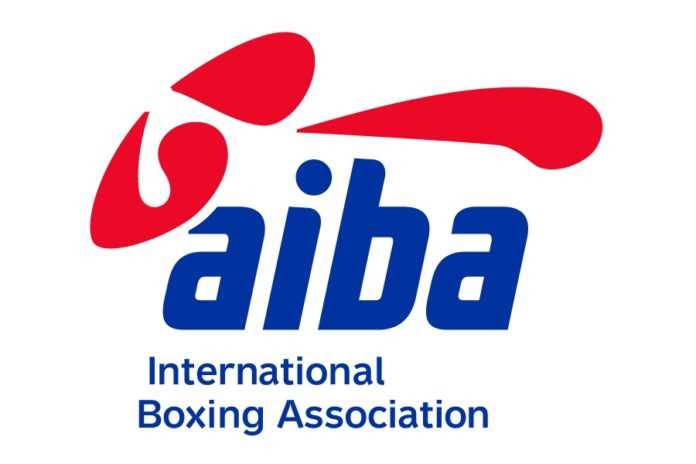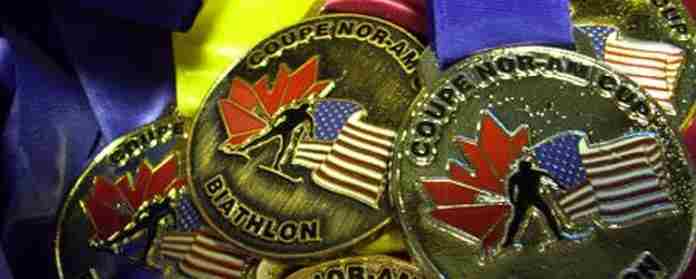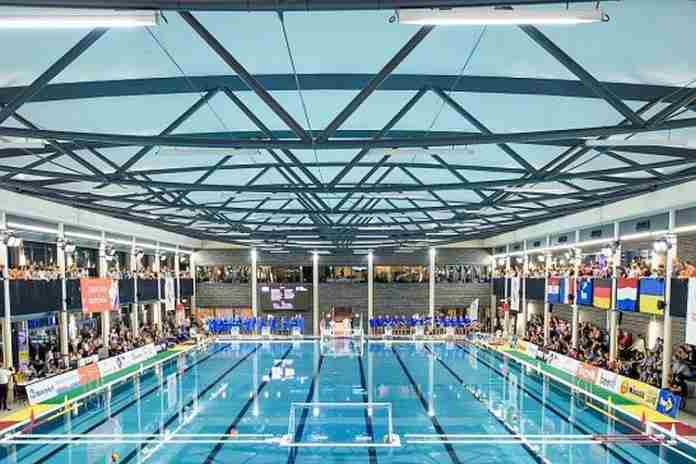Welcome to The Sports Examiner SPEED READ, a 100 mph (44.7 m/s) review of what happened this week in Olympic sport:
LANE ONE
Wednesday: Think the Russians are meddling in elections? How about what they are doing with some of the International Federations! Allegations of bribery in Athletics and Biathlon, and being the bank for Fencing and now Boxing! The details …
Friday: Think the LA28 organizers are bored? Their venue line-up continues to shift, as the Long Beach Arena – slated for handball – may be turned into new ballpark for the Los Angeles Angels of Anaheim, the rowing venue may change from Lake Perris to Long Beach and new venues may be built – not by LA28 – including a dazzling new 18,000-seat arena and two possible new venues in downtown L.A. Let’s get up to date …
THE BIG PICTURE
Monday: The Italian national government appears ready to aid the Milan-Cortina d’Ampezzo bid for 2026, as a commitment letter to support security and visa control services and costs was promised for this week. The IOC’s Evaluation Commission was on an inspection tour in Italy this week. What about the Stockholm-Are bid? The IOC reported they haven’t been heard from recently.
ATHLETICS
Monday: There were 14 new outdoor world leaders over the weekend, but the most noteworthy performance might have been the 10.91w win by LSU frosh Sha’Carri Richardson at the Texas Relays!
CYCLING
Wednesday: Two stoppages marred the 74th Dwars door Vlaanderen in Belgium, but the final sprint was the first career World Tour win for 24-year-old Dutchman Mathieu van der Poel.
Wednesday: The famed Tour of Flanders – Ronde van Vlaanderen – comes Sunday in Belgium. There’s no clear favorite, but a superstar field lined up for the men, but can anyone other than a Dutch rider win the women’s race?
EQUESTRIAN
Tuesday: The FEI World Cup Final for Dressage and Jumping is in Goteborg (SWE), with Germany’s amazing Isabell Werth – now 49 – and American Beezie Madden ready to defend their 2017 World Cup crowns!
FOOTBALL
Thursday: The U.S. women’s National Team badly needed a win over Australia on Thursday in Colorado and it enjoyed an offensive explosion in a 5-3 win, the most it has scored this year. Alex Morgan collected her 100th career goal and Mallory Pugh scored twice as a substitute to provide the final margin of victory. But there were problems.
GYMNASTICS
Wednesday: The 2017 World All-Around Champion, American Morgan Hurd, is one to watch at the FIG All-Around World Cup in Tokyo. Five-time U.S. champ Sam Mikulak will face Japanese star Kenzo Shirai and others in the men’s division.
ICE HOCKEY
Wednesday: There have been 18 editions of the IIHF women’s World Championship and the U.S. and Canada have been in every one. What about this time? A preview of the Worlds, taking place in Espoo (FIN), with the home team looking to improve on its perennial third-place finish.
RUGBY
Wednesday: The U.S. Eagles are in first place in the HSBC World Rugby Sevens Series, heading into the seventh of 10 legs, this weekend in Hong Kong. Can they stay on top? Look for more magic from U.S. stars Madison Hughes – the leading scorer in the series – and Carlin Isles.
MORE PREVIEWS
● Badminton: Malaysia Open welcomes top three in world rankings in all five events!
● Cycling: Pan American Mountain Bike Champs this week as Aguascalientes;
● Gymnastics: Superstar twins Dina and Arina Averina in first Rhythmic World Cup;
● Judo: Three Olympic gold medalists headline the IJF World Tour/Antalya Grand Prix;
● Shooting: Five of last six Olympic & Worlds gold medalists in UAE Shotgun World Cup.
UPCOMING
Look for coverage in the coming days on TheSportsExaminer.com:
● Curling: The climax of the men’s World Championship in Lethbridge, Canada;
● Figure Skating: The season ends with the World Team Trophy in Fukuoka (JPN);
● Swimming: The third Tyr Pro Swim Series in Richmond, Virginia starts 10 April.
Off the field will be the IOC Athletes Forum in Lausanne, starting on 13 April!





















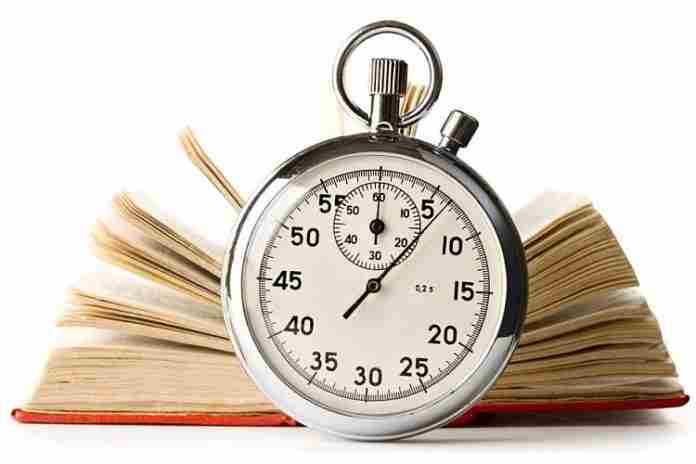


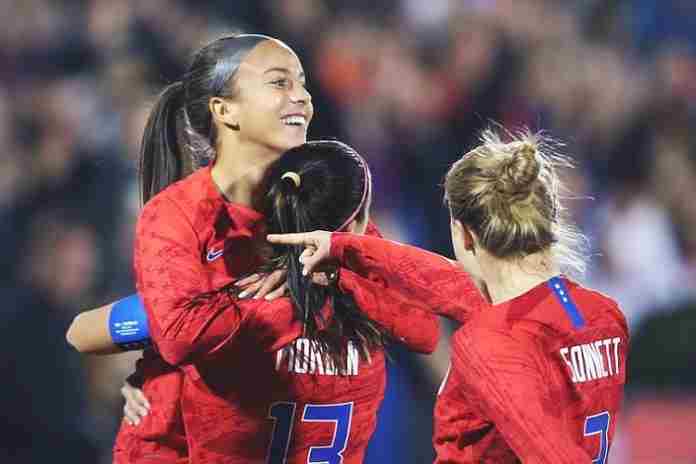
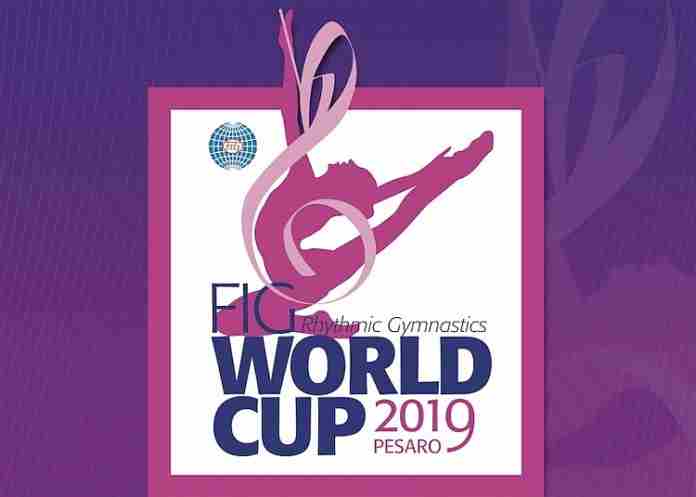
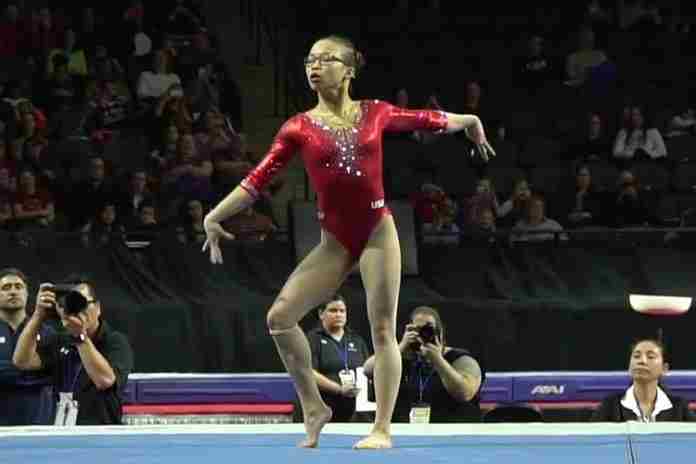

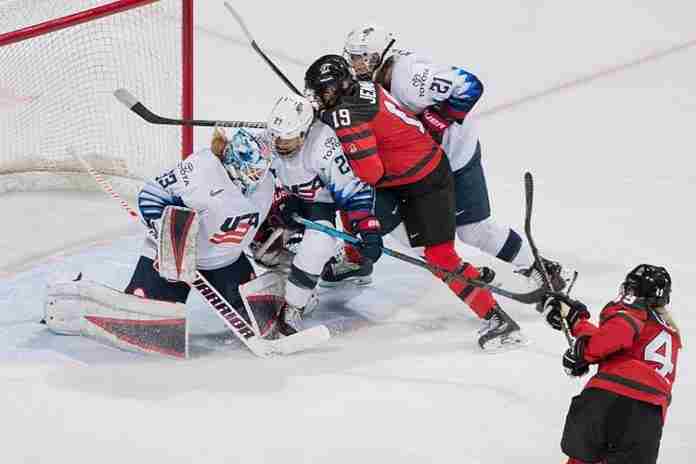
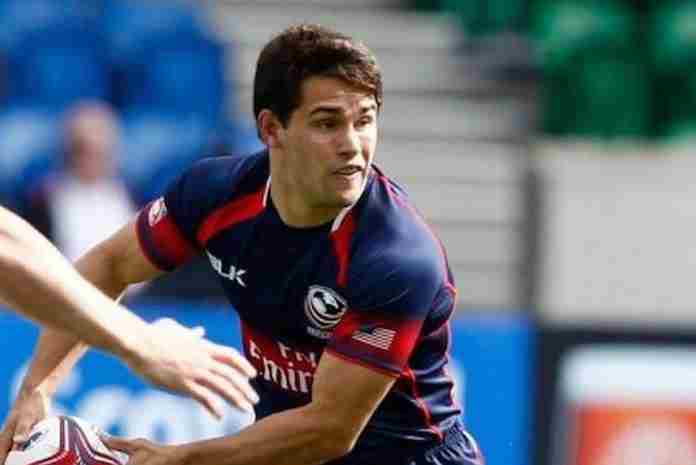
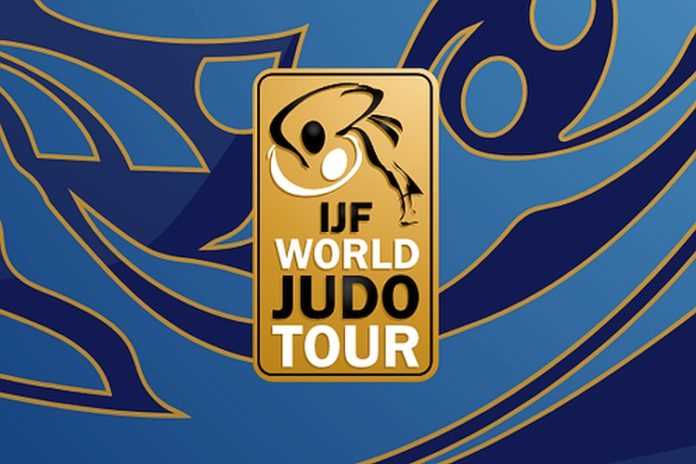
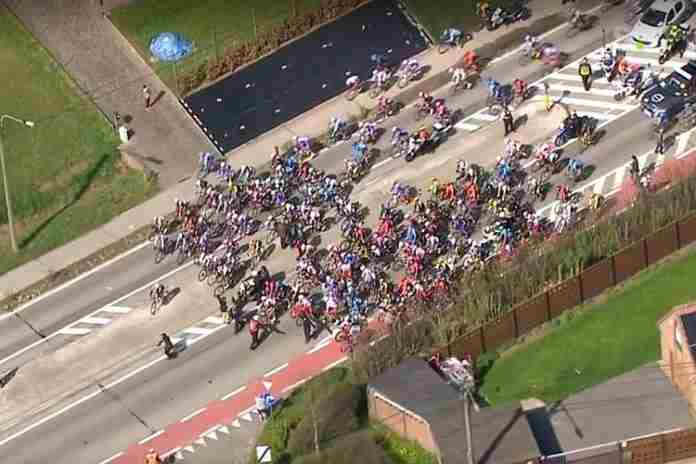
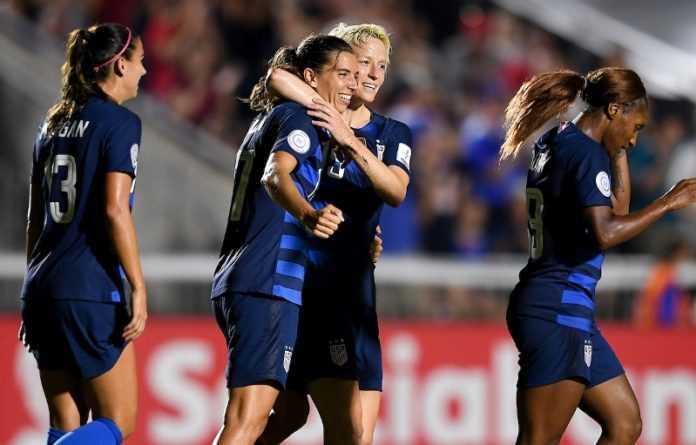

 The latest turn in the saga of the International Boxing Association came last Thursday when the Secretary General of the Russian Boxing Federation, Umar Kremlev, offered to pay more than $16 million to clear AIBA’s debts, on the condition that the sport be retained in the 2020 Olympic Games in Tokyo.
The latest turn in the saga of the International Boxing Association came last Thursday when the Secretary General of the Russian Boxing Federation, Umar Kremlev, offered to pay more than $16 million to clear AIBA’s debts, on the condition that the sport be retained in the 2020 Olympic Games in Tokyo.